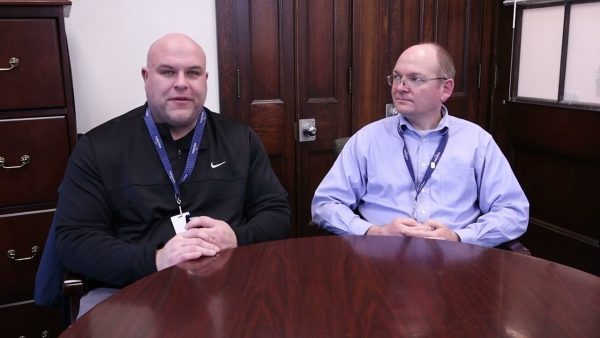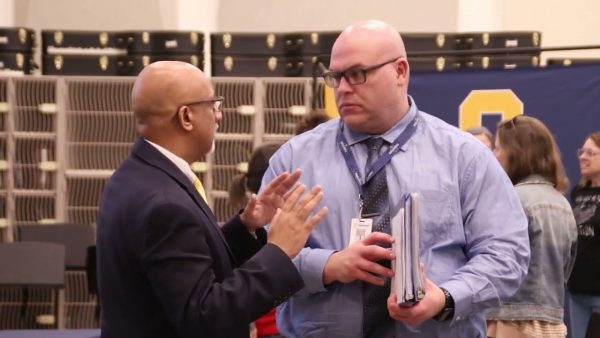Mass shootings increased since pandemic
COVID’s impact on mental health possibly to blame

Staggering Stats: 44,249 people died from gun violence in 2022, up about 13% from 2019. Photo from: Pixabay.com
This past June, President Biden signed a new law to increase the purchasing age for some guns and encourage safety, yet 78% of Americans are not optimistic about its effect on diminishing gun violence.
In fact, gun violence has increased significantly in recent years. Over 45 thousand people died from gun violence in 2020, compared to about 39 thousand in 2019. The numbers have not changed much since 2020, with 2022 reporting 44,249 casualties according to the Gun Violence Archives.
2020 increased the number of mass shootings by 193 occurrences, despite the COVID-19 pandemic. Why the dramatic surge in violence?
“As the nation reckons with these increasingly common public massacres, many blame mental illness as the fundamental cause,” the Columbia University Department of Psychiatry said.
Mental health for many has been influenced by the pandemic. According to the Centers for Disease Control and Prevention (CDC), adolescents in particular reported negative experiences—29% of high schoolers had a parent lose a job, and over half reported being emotionally abused by an adult. Thirty-seven percent of students experienced “poor mental health” as the pandemic took place.
Many mass shooters have been diagnosed with paranoia, anxiety, depression and other mental illnesses that are frequently associated with violent crimes, as shown in a study by the FBI’s Behavioral Analysis Unit. However, mental problems may not be the common thread that some believe it to be—or at least not as large of a factor. The study also observed that out of 63 shooters, only 16 had been diagnosed with a mental illness.
The National Library of Medicine (NLM) suggests that mental illness is not the chief root of gun violence, and that such assumptions form a harmful stigma for mentally ill people.
“Many people experience mental illnesses, so having had a diagnosed illness is not a very specific predictor of violent behavior….” NLM stated. “Most people with mental health problems do not commit violent acts, and most violent acts are not committed by people with diagnosed mental disorders.”
Finding causes behind gun violence could be a key factor in preventing it. Organizations like Sandy Hook Promise work to recognize the signs and reasons behind gun violence to help prevent shootings. Thoughtful research into this topic is essential to developing useful solutions, whether or not they involve mental health.






